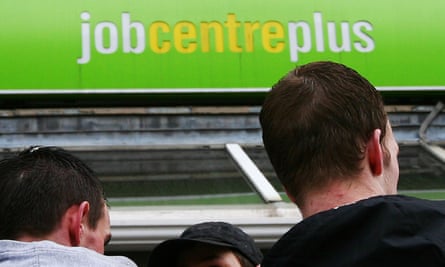Donald Trump’s announcement that the US will put tariffs on goods from around the world, including a 10% charge on UK imports, has signalled the start of a global trade war.
Although the UK faces a lower tariff than many other countries, for UK consumers there could still be some fallout. How it all plays out remains unclear.
Prices in the UK

Food prices in the UK could rise again. Photograph: Yui Mok/PA
As it stands, the UK has not announced any retaliatory tariffs, so no US imports will leap in price. But if the government does decide to respond in kind, the prices of goods we buy in from the US could go up. The tariffs will be paid by the importing company but could be passed on to consumers (this becomes more likely where there is not a big profit margin). Such a situation would lead to inflation.
Importers could decide to source products from countries without tariffs instead, which might hold down inflation. If there is a surplus of that stock – perhaps, the country supplying the goods also attracts US tariffs and so stops selling exporting there – prices could even come down.
Part of the US trade complaint concerns the VAT applied in the UK to imported goods. However, VAT is not a tariff – it is charged on goods and services regardless of where they were produced – and is unlikely to be changed by the government as a result of Trump’s announcement. If it was, US goods would have an advantage over domestically produced items. (Tax Policy Associates has a good explanation of how it works in a supply chain.)
Pensions and investments

Falls in the stock market could have a big impact on your pension pot, especially if you need to cash them in. Photograph: Dominic Lipinski/PA
The falls in stock markets around the world could have a big impact on your finances. Even if you do not invest in funds or stocks directly, your pension is likely to hold some of these assets unless you are very close to retirement.
Many UK investors hold money in US shares – either directly or via funds – and will already have seen a fall in the value of their US investments. Other stock markets have dropped as trading has begun this morning, including the UK’s.
Further falls will reduce the value of any investments you hold, which will be bad news if you need to cash them in before the markets have a chance to recover.
If you are paying into a regular investment plan that buys into a fund, the money you are putting into the market now will buy you more units in the fund while the market is down. If and when there is a recovery, your monthly investment will be worth more than when the market is riding high.
Tom Stevenson, an investment director at the fund management company Fidelity International, said: “It may sound counterintuitive but staying invested throughout times of volatility is the best strategy. When markets hit rocky waters, jumping in and out should be avoided, otherwise you run the risk of missing out on unexpected opportunities that might arise from market corrections.”
Stevenson said it was “incredibly difficult” to predict how the stock market was going to behave. “Taking a long-term approach and remaining invested in spite of highs or lows is more likely to get you the outcome you want.”
Mortgages

Inflation could fuel rises in interest rates, which is bad news for homeowners and their mortgages. Photograph: Maureen McLean/Rex/Shutterstock
Last month, when the Bank of England announced it was holding interest rates at 4.5% it said it thought rates were “on a gradually declining path”, but that there was “a lot of economic uncertainty at the moment”. That uncertainty included the threat of tariffs.
Previously, forecasters had anticipated four rate cuts this year. We have seen one so far.
An economic slowdown could force the Bank to consider cutting rates more quickly than had been expected as a way to stimulate the UK economy. This morning, the money markets had moved to suggest a cut in May is priced in. Mortgage rates are likely to fall if the markets anticipate more cuts over the next couple of years.
Jobs

Industries that export a lot to the US, such as carmakers, could take a big hit, putting jobs at risk. Photograph: Gareth Fuller/PA
The biggest threat from tariffs could be to jobs, with industries that export a lot to the US taking a hit as American consumers turn to products produced domestically, where they can.
Carmakers are likely to be hit the hardest as they face a higher tariff of 25%. The IPPR thinktank has suggested more than 25,000 direct jobs in the car manufacturing industry could be at risk as exports to the US fall, with employees at Jaguar Land Rover and the Cowley Mini factory considered most vulnerable.
There are rules on redundancies that companies must follow. To qualify for statutory redundancy pay you need to have been with your employer for at least two years.
